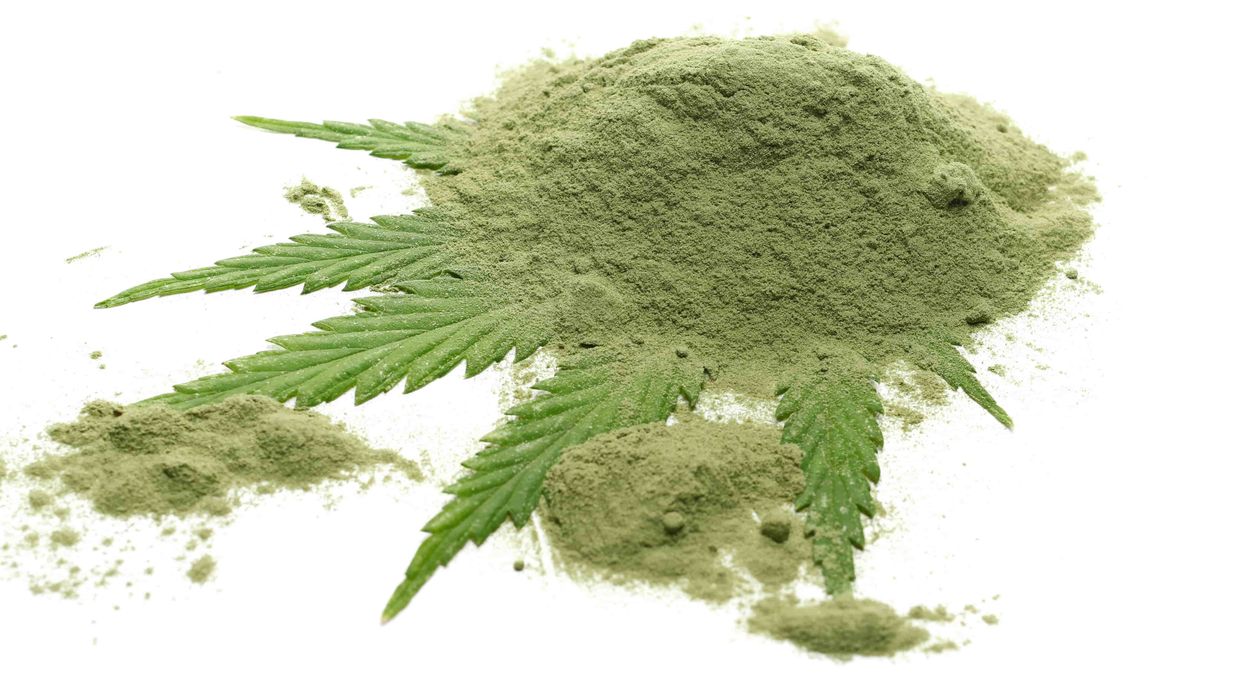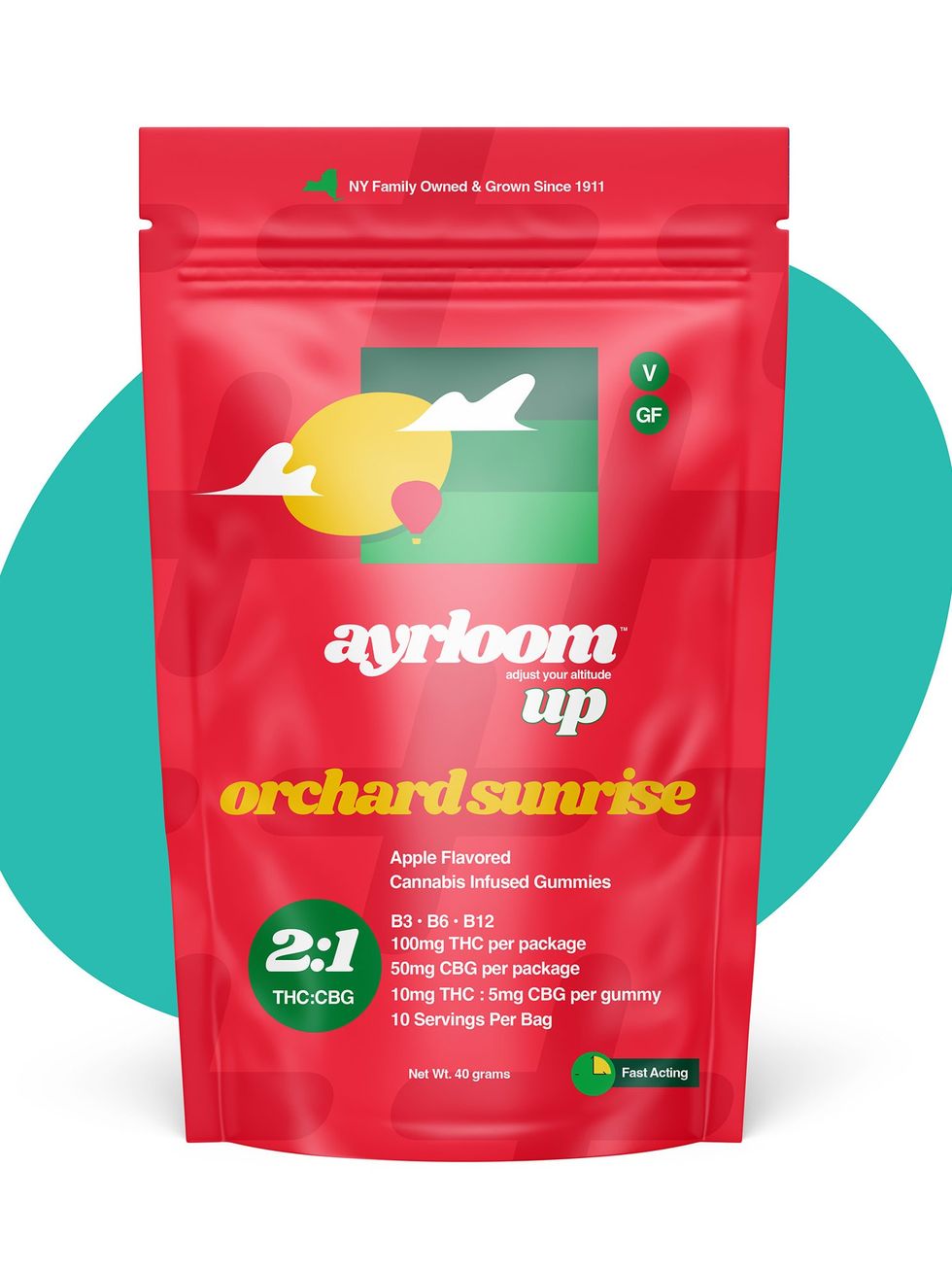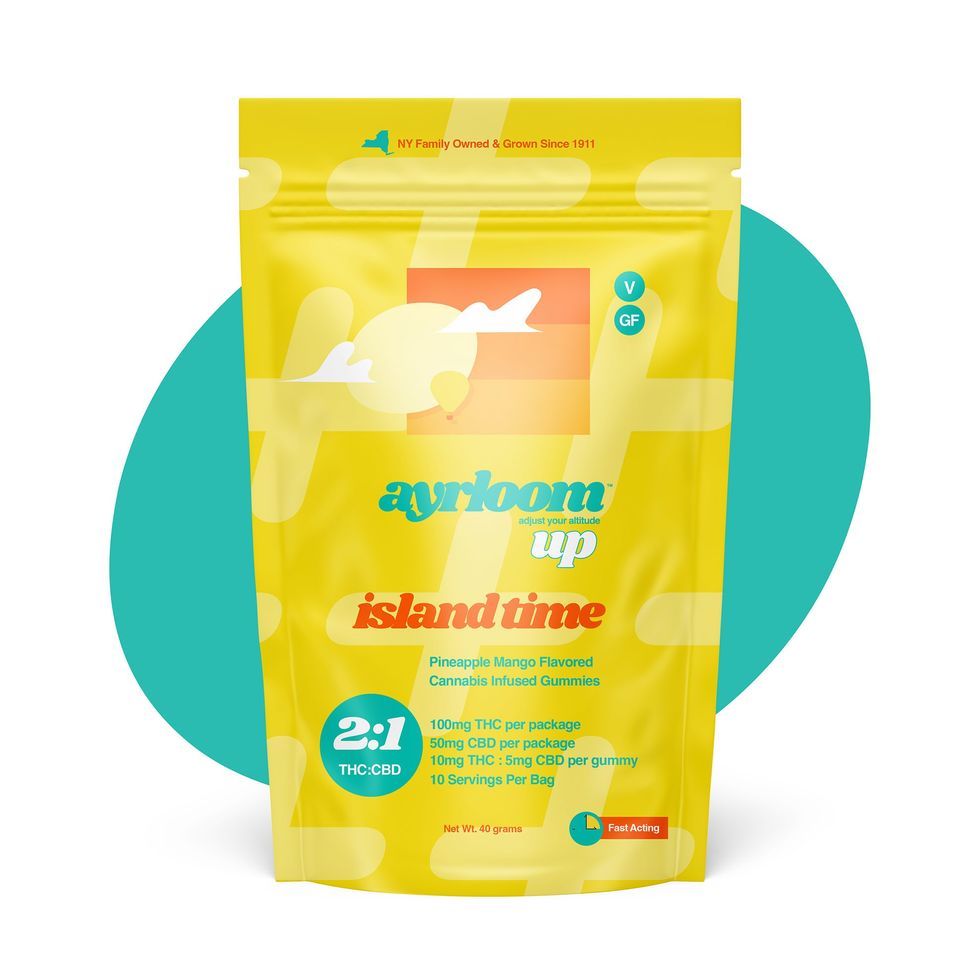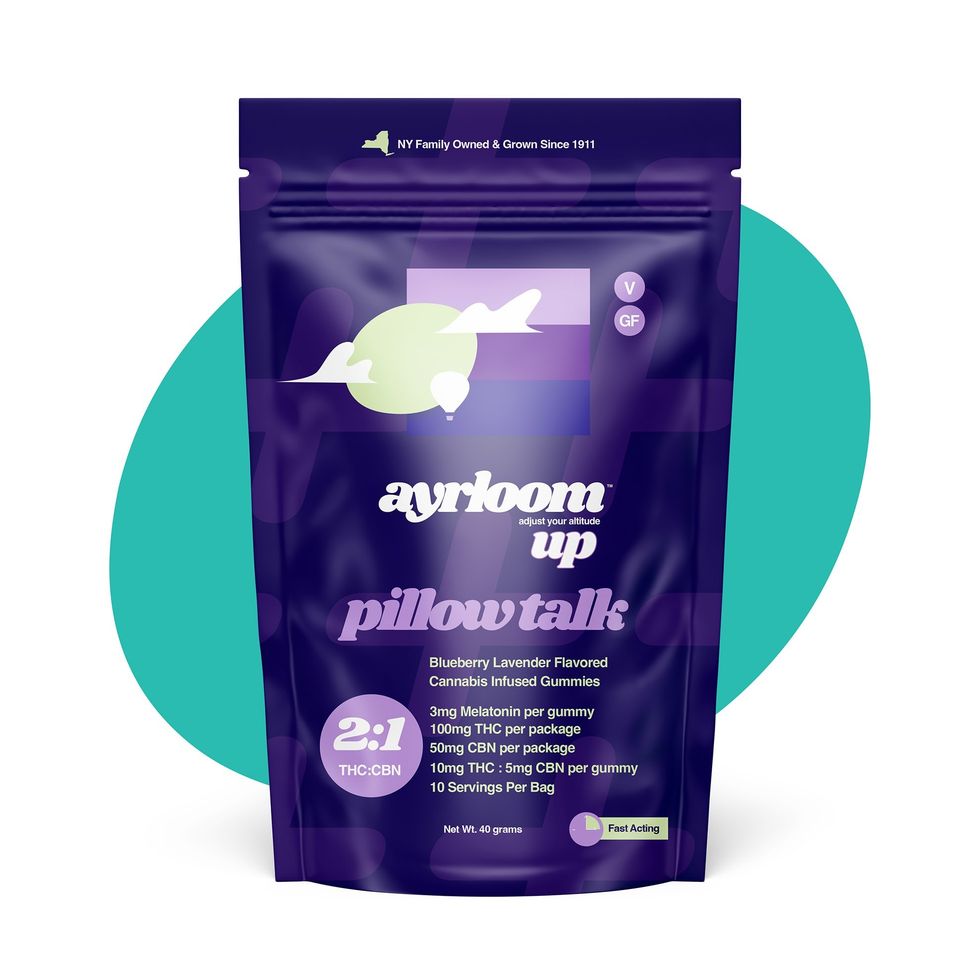If you're looking to optimize your protein intake, hemp protein powder may be one of the best options available.
No, it is not a drug, nor does it get you high.
However, it may be one of the most amazing superfoods on earth.
Perfect for fitness enthusiasts or anyone who wants to supplement their diet, hemp powder is a
a choice alternative to other plant-based dietary supplements.
What is Hemp Protein Powder?
Simply put, hemp protein powder is made through a process of grinding hemp seeds into a fine powder.
But what makes it so amazing? For starters, hemp protein contains all nine essential amino acids, along with healthy fats, minerals, and fiber – rendering it a “complete protein.”
This varies from brand to brand, but on average, ¼ cup of hemp protein contains about 120 calories and 15 grams of protein. This isn’t as much protein as other powders on the market boast, but hemp is a preferred choice for anyone who wants their protein powder to be as natural, complete, and unprocessed as possible.
In general, protein powders are popular supplements among athletes, bodybuilders, or anyone trying to gain weight, increase muscle mass, or increase overall protein intake.
These powders are also popular among vegans or vegetarians, who typically have to put a little more thought into their protein intake than the average omnivore.
There are quite a few different types of protein powder, but some of the most popular include: whey protein, which comes from milk; egg protein, which typically comes from egg whites; soy protein, which, of course, comes from soy.
However, hemp powder, with its nutty, earthy, robust, taste, is beginning to give these popular go-tos a run for their money, as more people realize its impressive superfood benefits.
The Benefits of Using Hemp as Protein Powder
As with any protein powder on the market, there are many things to consider when picking one out, from nutritional value to consistency to flavor. However, there are quite a few benefits to picking hemp as your preferred method of protein intake.
- Hemp is easier to digest than other protein powders. As a rule, animal proteins are easier to digest than plant-based proteins, but hemp is one recognized exception.
Research dictates that about 91-98% of the protein found in ground hemp seed is easily digestible, which means almost all of the protein powder’s amino acids will be used by your body for maintenance and/or healing.
Researchers also believe hemp might be easier to digest because it contains proteins edestin and albumin, which the body is able to break down quickly.
If you’ve stayed away from plant-based proteins because you have trouble digesting them, hemp protein powder might be a product for you to try. This is an especially helpful option for vegetarians or vegans, who wouldn’t normally consume animal proteins.
- Hemp protein contains unsaturated fats. Protein powder made from hemp is derived from hemp seed oil, which contains about 10 percent of the plant’s original fat content.
Most of the remaining fat is unsaturated, which is great for heart health. It also has the perfect ratio of 3:1 omega-6:omega-3 fatty acids, which may help prevent heart disease and/or cancer.
This fat content is considerably higher than other protein powders on the market, which can be good or bad depending on your personal needs.
If you’re trying to add more heart-healthy fats to your diet, hemp protein powder could work as a great dietary supplement for you. However, if you’re aiming to incorporate a lower-calorie powder into the mix, this might not be the ideal choice.
- Hemp is a great source of fiber. High-fiber diets have often been linked to health benefits like improved blood sugar levels, a reduced risk of bowel cancer, and a healthier gut.
Despite these facts, many adults don’t consume as much fiber per day as they should, based on health recommendations. It’s important for people to ensure they’re getting enough fiber in their diet, and hemp can help meet those needs.
The fiber levels will vary from protein powder to protein powder – depending on the type of hemp seeds they were made from, and whether or not additional fiber was added – but generally, they contain about 7-8 grams of fiber per serving.
In contrast, many other plant-based protein powders (like soy, rice, or pea) contain very low amounts of fiber.
Be careful though – although hemp’s high fiber levels sound like a benefit, too much fiber can be tough on digestion, so make sure you aren’t over-consuming.
- Hemp is rich in minerals and antioxidants. Beyond the high levels of protein and fiber, hemp is a great source for the minerals and antioxidants our bodies crave in order to really thrive.
Hemp seeds are very rich in minerals like phosphorus, iron, manganese, magnesium, calcium, zinc, and copper. They also contain lignanamides, which contain strong antioxidant properties.
How is Hemp Protein Powder Used?
If you’re looking for a new alternative to the market’s average animal or plant-based protein powders, you may want to give hemp powder a try. This powder is especially helpful for anyone thinking about giving veganism or vegetarianism a shot.
It’s also a great source of protein, fiber, minerals, and antioxidants, and can provide you with a wealth of health benefits that go beyond bulking for the season.
Like any other protein powder, hemp powder is most commonly blended into smoothies or post-workout shakes, but there are plenty of other ways to incorporate this earthy protein source into your diet.
- Smoothies or Shakes
This is the most obvious choice for protein powder, but it’s tried, true, and quite delicious – especially when you make sure to incorporate all of your favorite flavors.
Try mixing your hemp powder with your milk of choice, yogurt, fruit, leafy greens, and tasty additions like cacao, peanut butter, or coconut shreds. A simple, flavorful, and protein-packed way to launch into your day!
- Oatmeal
Another popular calorie-source for anyone trying to put on muscle mass or stay in shape is oatmeal. It’s simple yet easy to dress up, and packed with protein and fiber of its own.
Add a boost to your morning bowl by mixing in a tablespoon or two of hemp protein powder. It’ll bring more texture, flavor, and sustenance to your meal.
- Baked Goods
If you’ve ever had a protein brownie, cookie, bar, or pancake, you’re already well aware how creative the fitness industry has gotten with their supplement intake delivery.
Protein powder doesn’t work with everything, but it blends particularly well with most baked goods, or things like pancakes, waffles, and even pies.
Swap out that tired old whey protein for hemp – you won’t regret opting for this tasty alternative.
Need a little more Bluntness in your life? Sign Up for our newsletter to stay in the loop.














 What will you do with that cannabis kief collection? - Make Coffee! The Bluntness
What will you do with that cannabis kief collection? - Make Coffee! The Bluntness DIY: How to Make Kief Coffee - The Bluntness
Photo by
DIY: How to Make Kief Coffee - The Bluntness
Photo by 
 The Truth About THC Candle: Cannabis Candles & How to Make Your Own - The Bluntness
Photo by
The Truth About THC Candle: Cannabis Candles & How to Make Your Own - The Bluntness
Photo by 
 Ayrloom Orchard Sunrise Cannabis Infused Gummies
Ayrloom Orchard Sunrise Cannabis Infused Gummies Ayrloom Island Time THC Gummies - Pineapple Mango Flavor
Ayrloom Island Time THC Gummies - Pineapple Mango Flavor Ayrloom Pillow Talk - Sleep Gummies
Ayrloom Pillow Talk - Sleep Gummies 